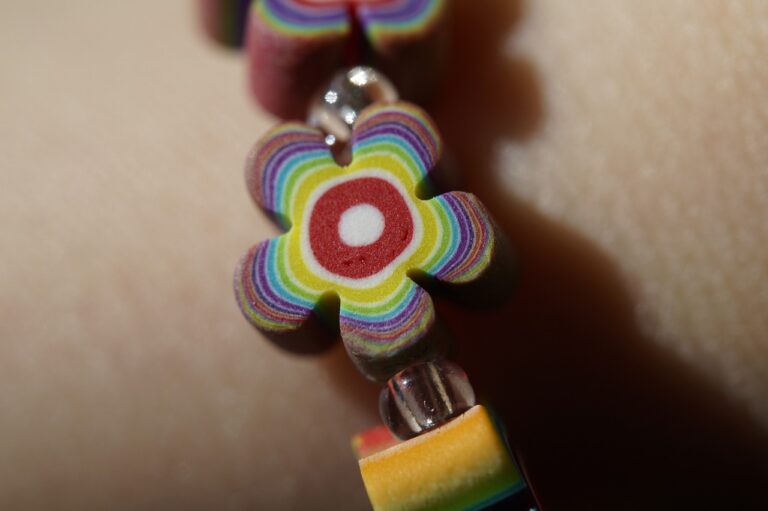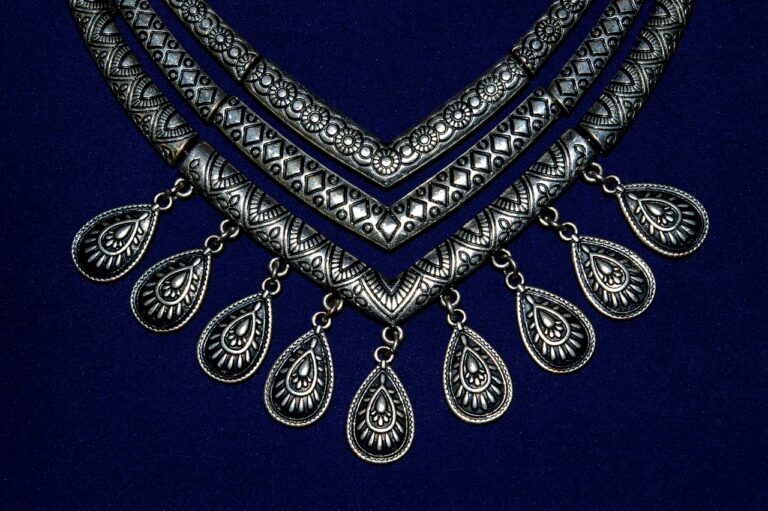Fashion and Identity: Exploring How Clothing Reflects Personal and Cultural Beliefs
Clothing serves as a powerful tool for individuals to communicate their unique identities and personalities to the world. The way one dresses can reflect personal preferences, attitudes, and beliefs, allowing individuals to stand out and express themselves in a visually tangible way. By carefully selecting specific styles, colors, and accessories, individuals can create a distinct outward appearance that resonates with their inner sense of self.
Moreover, clothing choices can also function as a form of nonverbal communication, conveying social signals and messages to others. Whether intentional or not, the clothes we wear can send subtle cues about our values, interests, and social status, shaping how we are perceived by those around us. This ability to showcase individuality through fashion empowers people to assert their unique identities and establish connections with like-minded individuals who appreciate and resonate with their style choices.
The Influence of Cultural Background on Fashion Choices
Fashion choices are deeply intertwined with an individual’s cultural background. One’s heritage, traditions, and values often play a significant role in shaping their sartorial preferences. For instance, individuals from Asian cultures may gravitate towards garments with intricate detailing and vibrant colors, reflecting the rich history and symbolism ingrained in their clothing traditions. In contrast, those from Western cultures may lean towards more minimalist and functional styles that mirror their emphasis on practicality and efficiency in dress.
Moreover, the influence of cultural background on fashion choices extends beyond mere aesthetics; it also serves as a means of self-expression and identity affirmation. By showcasing elements of their heritage through their clothing, individuals can assert their cultural pride and establish a sense of belonging within their community. This connection to one’s cultural roots through fashion not only fosters a sense of unity but also allows for the celebration of diverse cultural expressions in the ever-evolving world of style.
Understanding the Psychological Impact of Clothing
Clothing is more than just a basic necessity; it holds a profound influence on our psychological well-being. The way we choose to dress ourselves can significantly impact our self-perception and confidence. Research has shown that the clothes we wear can directly affect our mood and behavior, with certain pieces of clothing evoking specific emotions.
Furthermore, the colors, textures, and styles of our clothing choices can also communicate our personality traits and values to others. Dressing in a particular way can convey a sense of professionalism, creativity, or even rebel spirit. Our wardrobe choices serve as a form of non-verbal communication, allowing us to express our individuality and make a statement about who we are without uttering a single word.
• Our clothing choices can directly impact our mood and behavior
• Certain pieces of clothing can evoke specific emotions
• Colors, textures, and styles of clothing communicate personality traits and values
• Wardrobe choices serve as a form of non-verbal communication expressing individuality
How does clothing help express individuality?
Clothing plays a significant role in expressing individuality by allowing people to showcase their personal style, preferences, and personality traits through their outfit choices.
Can cultural background influence fashion choices?
Yes, cultural background can greatly influence fashion choices as individuals may be drawn to certain styles, patterns, colors, and traditional garments that are reflective of their heritage and upbringing.
What is the psychological impact of clothing?
Clothing can have a profound psychological impact on individuals, influencing their self-confidence, mood, and overall sense of identity. The way we dress can affect how we perceive ourselves and how others perceive us.







